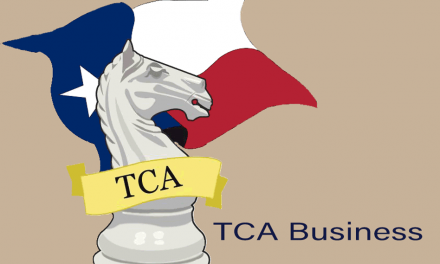Below are the unapproved meetings from the State Scholastics Meeting in June 2018.
Several motions were deferred to the SWO because they have no influence on Scholastic Chess in Texas. This is a summary of the motions that passed.
Luis Salinas offered an update to Section 2 C of the bylaws, referring to the enforcement of scholastic section eligibility rules. “There should be no exceptions granted. On this the ruling is very unclear, and there have been no ruling on this. Every decade or so someone lets a 6th grader play in the Elementary school section.” He went on to explain with examples that selective enforcement can have the appear-ance of bias when there are some situations that exceptions are made. So, the point is to have clear and comprehensive rules with no exceptions. The motion passed 26-0 in the South Region and 34-0 in the North.
Luis offered a motion to close the loophole that allows a kid to play up in a section. This concerns home school delinea-tion of grades to middle school designated sections. Luis explained there were past rulings where a 6th grader in a private school grades with grades K-6 were required to play in a middle school section. It discourages participation when you can’t play with the kids in your school as part of your team. The discussion on this motion covered a wide range of questions, and anyone who has questions about the mo-tion should look up those minutes, because your concerns are likely addressed there. This motion does not affect pub-lic or private schools, only homeschools, and specifically designates all K-5 homeschool players are in the Elementary sections, while grades 6-8 players are in middle school, and 9-12 is High School. The discussion acknowledged some private schools have differing grade delineations, and this update does not affect private schools. In the south, the motion passed 27-0 with 1 abstention. In the North, this motion passed 24-1, with no officially recorded abstentions.
Next motion – If a regional doesn’t draw 350 players, they can have an open regional event, which means they can have players from other regions play. If you don’t make the threshold, you don’t have to have an open regional event, but you are allowed to. If you do exceed that number of participants, you may not have an open event. This is al-ready a rule, but the threshold is 150 players. The idea of increasing that number is to allow the events to draw enough players to have a chance of being profitable. In the south, the motion passed 25-0 with 2 abstains, and in the north the vote passed 28-0 with no recorded abstentions.
Richard Newmann offered a motion intended to promote financial transparency. “All Scholastic TCA events must dis-close fees collected and incumbent expenses verified by receipts with a list of all parties that received more than $200. This must be disclosed within the first 60 days after the event. Any tournament less than 100 players is exempt from this requirement. This includes regional scholastic tournaments. The report should go to the TCA treasurer and properly published.” In the south, this motion passed 27-0. In the north, 28-2, with no recorded abstentions.
A motion was offered after a lot of discussion related to specifics of Region 10 regional tournament awards, and the selection of the region 10 director. This appears to be a reaction to prior events. The specific motion is “All region 10 TCA scholastic chess tournament bids to include regionals have to be disclosed after the closing day of the bidding process. Each school district within region 10 will have 1 vote. No one can vote on a bid they are receiving compensa-tion from. The scholastic member and the regional director shall reside within region 10. Each school district within region 10 will have 1 vote on who the regional director and scholastic member is.” Luis pointed out that the regional directors are on the board of directors for TCA, and “I’m not sure you should be letting other people pick who is on the board of directors of TCA.” In the south, the vote was 14-0 with 8 abstentions. There was a very lively discussion of this motion in the north region, but the motion carried 24-3, with 3 abstains.
Next Motion – “Anybody receiving monetary gain from a TCA Scholastic event must submit to a background check through TCA once per year.” In the south, this passed 14-0 with 2 abstains. In the north, it was 19-0 with 4 abstains.
Vish introduced a new motion. “All TCA events must dis-close fees collected and incumbent expenses verified by receipts with a list of all parties that received more than $200. This must be disclosed within the first 60 days after the event. Any tournament less than 100 players is exempt from this requirement. This includes regional scholastic tournaments. The report should go to the TCA treasurer and be properly published.” This was tabled to be discussed at the Southwest Open.



